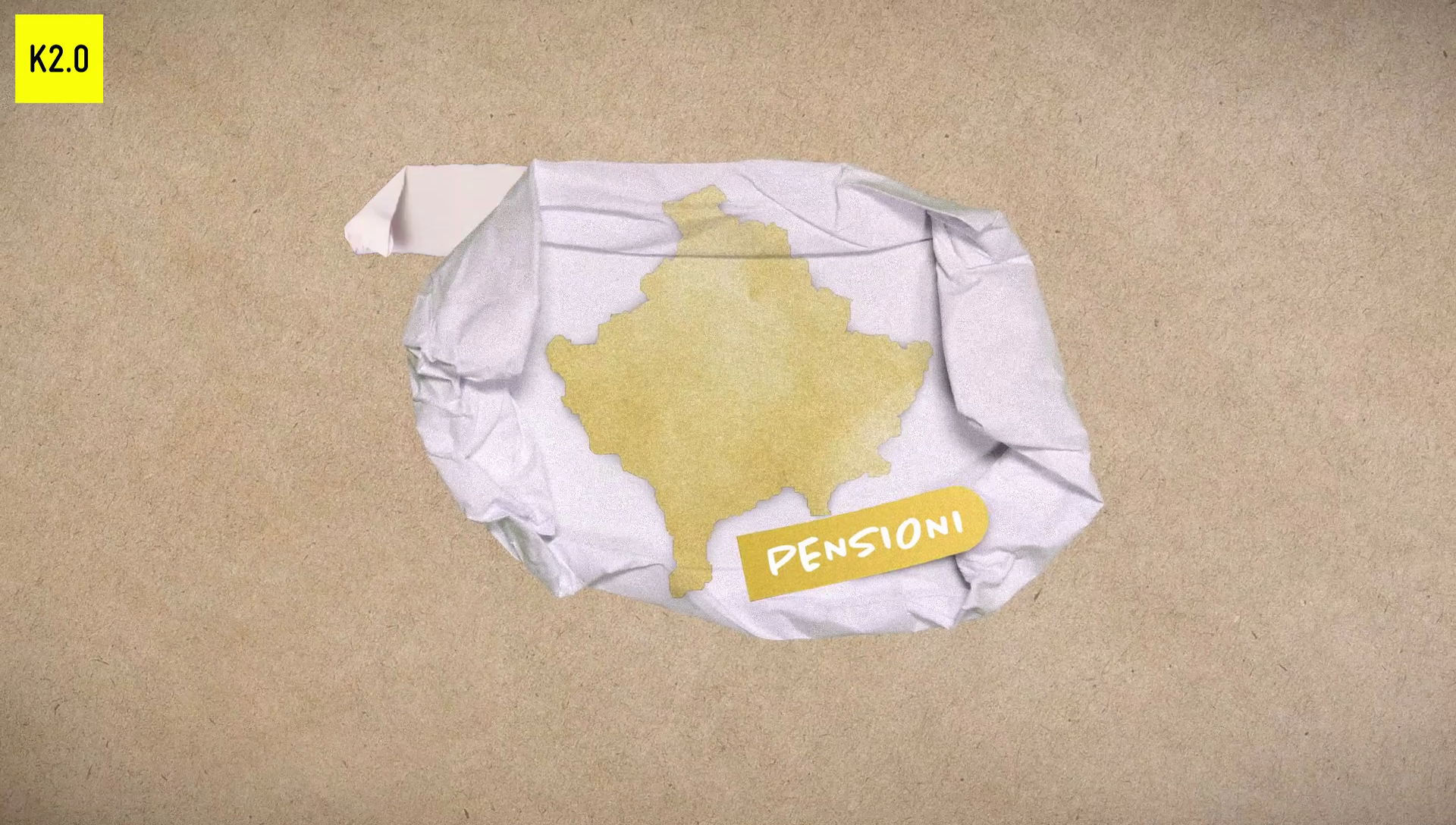
Delayed pension reform
Over 70,000 pensioners have been discriminated against for years.
|07.07.2023
|

Naim Jakaj
Naim Jakaj studied sociology and law. He has worked at the Assembly of Kosovo, as an assistant, coordinator and as an advisor in the fields of parliamentary procedure, social issues and justice. He is a researcher at the Kosovo Institute for Justice within the Good Governance Program.
DISCLAIMERThe views of the writer do not necessarily reflect the views of Kosovo 2.0.
This story was originally written in Albanian.